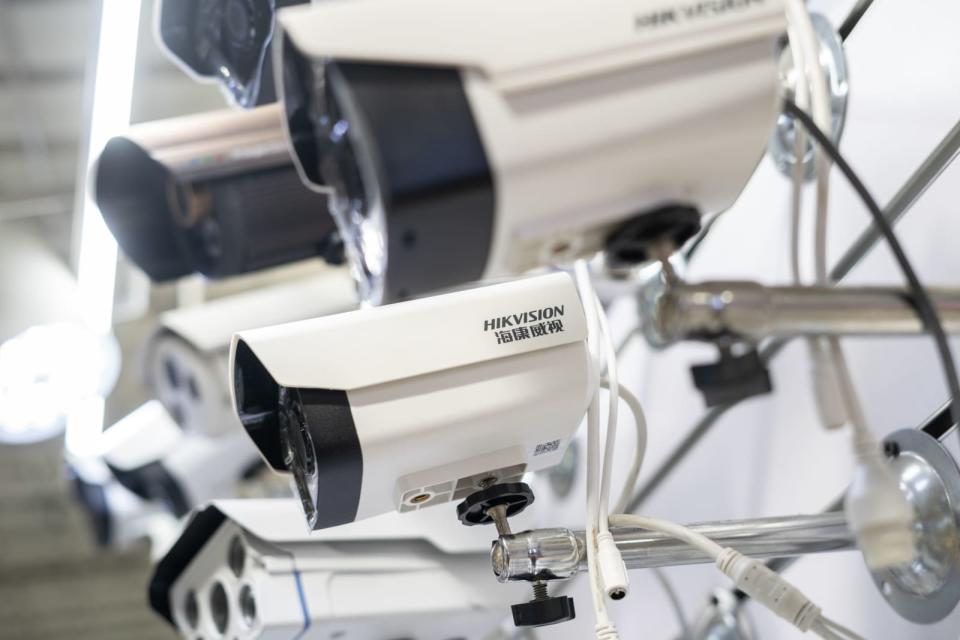US government adds Chinese facial recognition firms to entity list
A few AI companies have also been blacklisted over human rights concerns.
A total of 28 Chinese organizations have been added to the US government's "entity list," including eight tech corporations that specialize in video surveillance, facial recognition and artificial intelligence. The administration has effectively prohibited them from working with and buying from suppliers in the US over human rights concerns. In a filing (PDF) to be published by the Department of Commerce, the government said the firms were blacklisted for the role they play in the "implementation of China's campaign of repression, mass arbitrary detention, and high-technology surveillance against Uighurs, Kazakhs and other members of Muslim minority groups" in the Xinjiang province.
The blacklisted tech companies include Hangzhou Hikvision Digital Technology Co. and Zhejiang Dahua Technology Co., which are two of the largest video surveillance firms in the world. Both companies have cameras that feature facial recognition capabilities. AI giants SenseTime Group Ltd. -- the most valuable AI startup in the world, according to Bloomberg -- and Megvii Technology Ltd., both backed by Chinese e-commerce giant Alibaba, are also part of the list. Yitu Technologies is another AI company affected by the move, along with voice recognition software maker iFlytek, data forensics company Xiamen Meiya Pico Information and nanotech firm Yixin Science and Technology Company.
Hikvision told Bloomberg that it "strongly opposes today's decision by the US government," which is says "will hamper efforts by global companies to improve human rights around the world." The company also warned: "Punishing Hikvision, despite these engagements, will deter global companies from communicating with the US government, hurt Hikvision's US businesses partners and negatively impact the US economy."
While being added to the entity list will make it harder for the firms to work with US companies, American suppliers can apply for licenses to keep on selling them the products they need. As The Wall Street Journal notes, they can also find ways around the ban such as selling Chinese firms goods made outside the US like what Huawei's suppliers have been doing.


